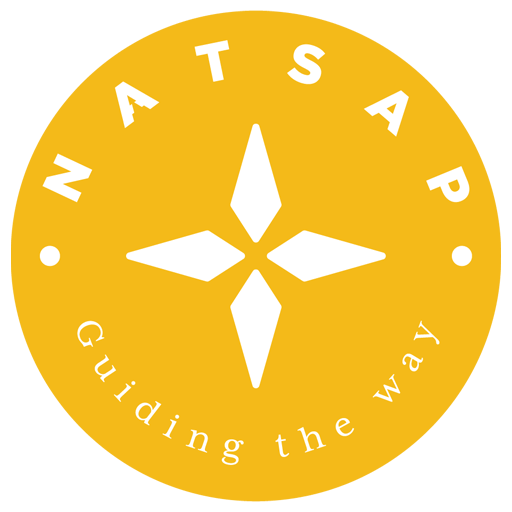NIDA Expands Community Engagement in Addiction Research
The National Institute on Drug Abuse (NIDA) is taking significant steps to enhance community involvement in addiction research, aiming to bridge the gap between scientific inquiry and the needs of those most affected by substance use. Dr. Nora Volkow, Director of NIDA, emphasizes in her most recent blog that too often, addiction research has been disconnected from the lived experiences of people with substance use disorders. Research participants have historically been left feeling exploited or disregarded, particularly when they are not fairly compensated or when their distressing personal histories are used without proper follow-up or acknowledgment. This lack of engagement not only undermines the integrity of the research but also limits its relevance to the very people it seeks to help.
To address these concerns, NIDA has launched an initiative to better incorporate the voices of those with lived experience into the research process. The National Advisory Council on Drug Abuse (NACDA) has been tasked with forming a working group to recommend ways to ensure that addiction science reflects the perspectives of people with substance use experience. This initiative aligns with NIDA’s broader goal of creating a more inclusive research environment where community members are not only participants but active contributors to shaping research priorities and outcomes.
One of the key elements of NIDA's approach is the integration of community advisory boards in the research process. Through the NIH Helping to End Addiction Long-term (HEAL) Initiative, community input has been instrumental in developing research strategies that are directly responsive to the needs of individuals, families, and communities. For instance, the NIDA-funded Harm Reduction Research Network has worked with advisory boards to tailor survey instruments and expand research populations based on the changing dynamics of substance use in various communities. Similarly, the Integrative Management of Chronic Pain and OUD for Whole Recovery (IMPOWR) project has included community feedback on the importance of addressing PTSD and discrimination within healthcare settings as part of its research focus.
As these efforts develop, NIDA is expanding its efforts by funding Patient Engagement Resource Centers (PERCs), which will test models of patient engagement to improve substance use disorder treatment. These centers will gather insights from individuals with lived experience to identify barriers to accessing treatment and pilot solutions to these challenges. The NCREW Initiative, focusing on Native communities, is another example of how NIDA is building community-driven research efforts, providing training and support to enable locally prioritized research on opioid misuse and pain management. NIDA’s goal is to ensure that all research is not only scientifically rigorous but also socially relevant, centered on the realities of those impacted by substance use disorders.
Dr. Volkow’s call to action emphasizes the importance of treating research participants with respect and fairly compensating them for their contributions. By integrating people with lived experience into both the research process and the scientific workforce, NIDA is creating a more inclusive and effective addiction research ecosystem. This initiative strengthens addiction science and ensures research is responsive to the needs of affected communities. For NATSAP members, NIDA's focus on community engagement directly supports their efforts to provide effective, evidence-based treatment. By incorporating the voices of those with lived experience, NIDA’s work enhances the relevance and impact of research, benefiting both the communities NATSAP serves and the treatment strategies employed.
